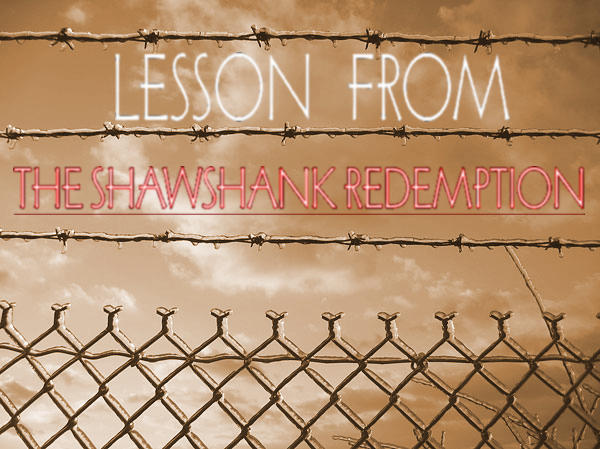 Image credit: Anthony Dodd, reused under CC license
Image credit: Anthony Dodd, reused under CC license
Don’t just long for the coming of the Kingdom.
Of course, this is something to long for, but it is secure. Focusing on it stops you from seeing what you are called to do here and now.
Don’t just model your actions on the early church.
Again, looking at the history of the early church is greatly inspiring, as it shows people of great courage and determination; on top of which it was led by people who knew Jesus first-hand. But it also happened in very specific circumstances, with different tools available to leaders, and in a time of persecution. The circumstances today are different: we have social media, certain values have made their ways into our culture, and it is good to keep that in mind.
Don’t put off your actions, don’t root them only in aims and objectives.
This doesn’t mean that you should do everything on a whim, or that planning is inherently bad. It means that, in chasing objectives only, you risk losing your identity. Don’t justify your behaviour first by what might come of it in the future: be uncompromising about what you do now. Don’t let busyness be an excuse.
The time is now.
Look at what is happening around you now, and at how it is happening first, to see what you can do now.



